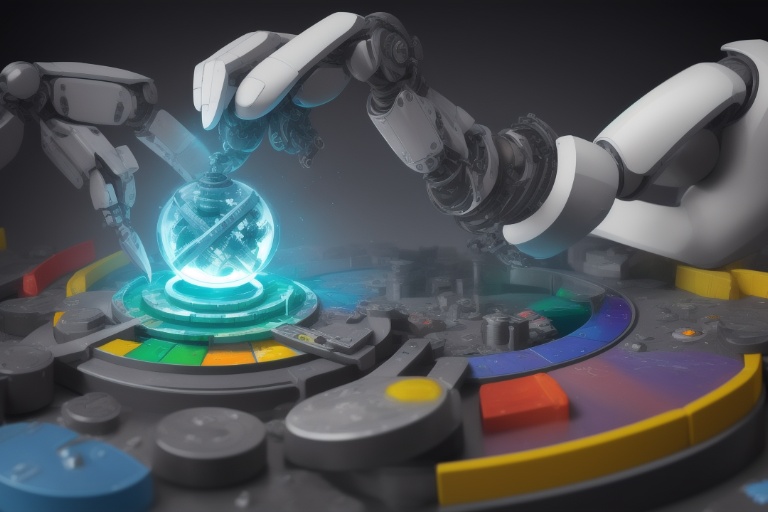Artificial intelligence (AI) has transformed numerous sectors, ushering in advancements that seemed unthinkable just a few years ago. Despite these leaps in technology, AI's rapid growth has raised pressing concerns that demand attention. In reflecting on these issues and their societal implications, it's clear that we must tread carefully to ensure that this powerful technology serves the greater good without causing undue harm.
Artificial intelligence (AI) has transformed numerous sectors, ushering in advancements that seemed unthinkable just a few years ago. Despite these leaps in technology, AI's rapid growth has raised pressing concerns that demand attention. In reflecting on these issues and their societal implications, it's clear that we must tread carefully to ensure that this powerful technology serves the greater good without causing undue harm.
The Menace of Misinformation
A profound challenge we face in the AI era is the rise of deepfakes, which leverage machine learning to create highly convincing false images and videos. These manipulations can distort public opinion, falsely incriminate individuals, and erode trust in democratic institutions. The power of deepfakes extends beyond just celebrity videos to the potential fabrication of political statements, causing widespread misinformation and undermining electoral integrity.
Job Market Evolution
As AI continues to automate routine tasks, an estimated 85 million jobs could become obsolete by 2025. Nonetheless, AI is poised to create 97 million new roles within the same timeframe. The crux of the issue is the gap between the skill sets displaced workers offer and the specialized skills demanded by the newly created jobs. Failing to address this mismatch could precipitate a jobs crisis, with many struggling to find employment in the face of rapidly shifting occupational landscapes.
Tackling Bias and Discrimination
Bias in AI systems is another grave concern, highlighting the ethical complexities associated with machine learning and automation. As AI begins to play a role in employment processes, the potential for systematic discrimination arises. Case in point: Amazon's AI recruiting system, which preferred male over female candidates, showcases how unchecked AI can exacerbate existing societal biases. Continuous oversight and conscientious design principles are paramount in mitigating such risks and ensuring fair treatment across the board.
Financial Sector Stability
Investment strategies now increasingly leverage AI to guide trading decisions. While algorithms could theoretically trade with precision and objectivity, they lack the nuance to grasp complex economic trends and human sentiment. AI-driven trades, designed to optimize returns, could inadvertently escalate market instability, potentially triggering erratic fluctuations and crashes. It's clear that a balanced approach to integrating AI into financial systems is critical to maintaining market confidence.
Contemplating the Singularity
Amongst AI's speculative futures lies the notion of the Singularity, a theoretical juncture where machine intelligence surpasses human cognitive abilities. The implications of such an event are both vast and uncertain, ranging from AI solving humanity's most intractable problems to potentially posing existential threats. While still largely theoretical, the possibility underscores the urgency of engaging with the ethical and safety questions linked to AI's progression.
To maximize AI's benefits and avoid its pitfalls, it's imperative that society work together to establish ethical standards and robust regulatory frameworks. In doing so, we anchor AI's development in responsibility and foresight, steering it towards enhancing human capabilities rather than undermining them.
In the second part of this discussion, we'll explore additional concerns that AI presents and their broader societal ramifications. Through a deepened understanding of these complexities, we can more adeptly steer the integration of AI into the fabric of our future—shaping a world where technology amplifies our potential rather than diminishes our humanity.
Information for this article was gathered from the following source.




